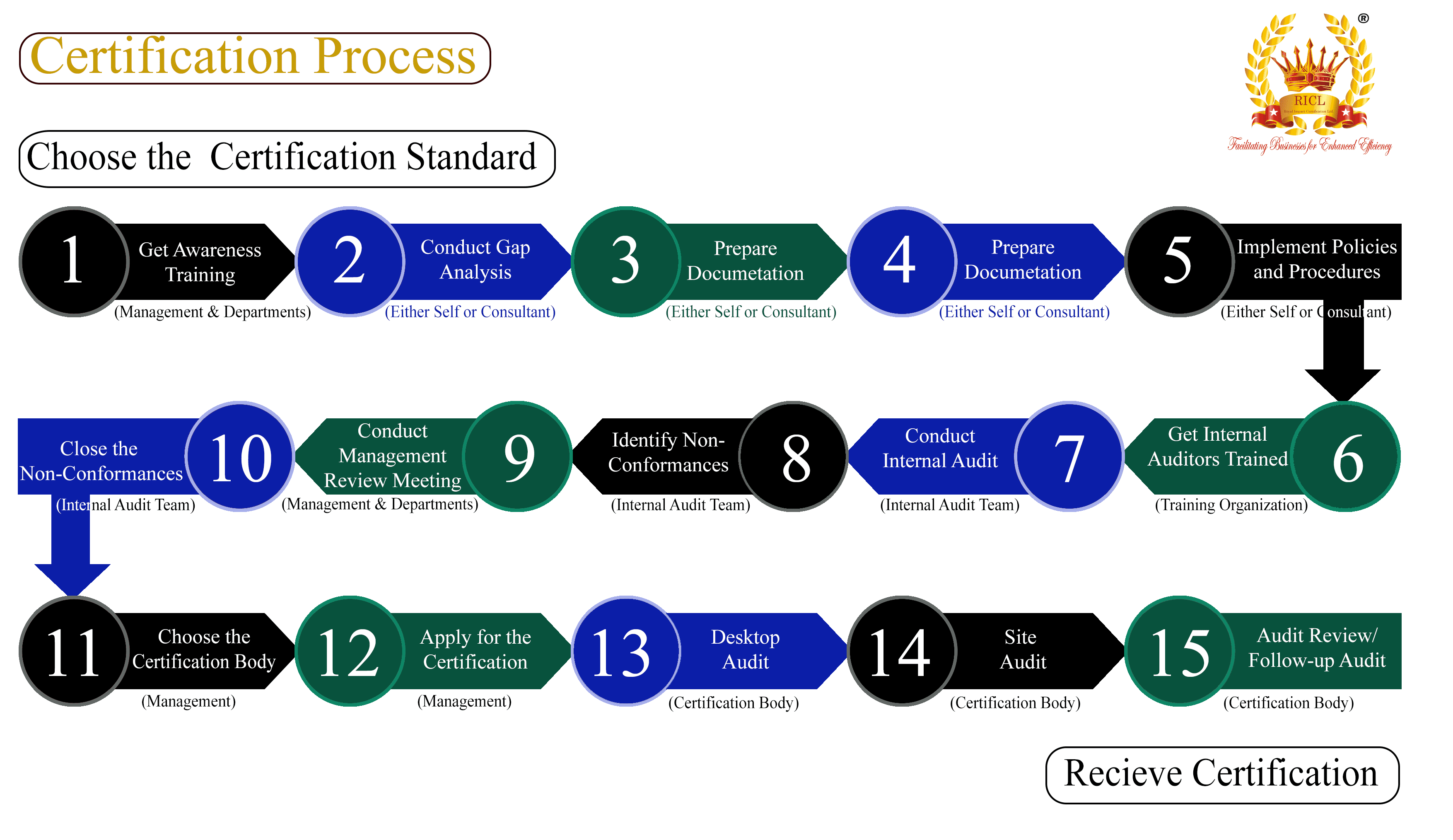
Telecommunication Industry
The telecommunication industry is a vital sector that facilitates communication across diverse geographical areas through the use of various devices and mediums. This industry encompasses a broad spectrum of services including telephone services (both wired and wireless), internet access, television broadcasting, and satellite operations.
The telecommunication industry is a vital sector that facilitates communication across diverse geographical areas through the use of various devices and mediums. This industry encompasses a broad spectrum of services including telephone services (both wired and wireless), internet access, television broadcasting, and satellite operations. As the backbone of the digital age, the telecommunication sector not only supports individual connectivity but also serves as a critical infrastructure for businesses and governments.
Importance of ISO Certification in the Telecommunication Industry
ISO certification in the telecommunication industry ensures that organizations can maintain quality, reliability, security, and continual improvement in their services and operational processes. These certifications help telecommunication companies enhance customer satisfaction, comply with regulatory requirements, manage risks, and improve business performance. Common ISO standards applied within the industry include:
ISO 9001: Quality Management Systems
This standard helps telecommunication companies establish a quality management system that ensures consistency and improvement of their services, leading to higher customer satisfaction.
ISO 27001: Information Security Management
Given the sensitive nature of data handled by telecommunication companies, ISO 27001 is crucial for establishing, implementing, maintaining, and continuously improving an information security management system (ISMS).
ISO 22301: Business Continuity Management
Telecommunication services are critical during emergencies; hence, ISO 22301 assists companies in establishing a plan to maintain service continuity in the face of disruptions.

Benefits of ISO Certification for the Telecommunication Industry
Enhanced Quality of Service: ISO standards help in defining clear procedures for all operational processes, which enhances the efficiency and reliability of services provided by telecommunication companies.
Increased Customer Satisfaction: By ensuring consistent service quality and managing customer data securely, companies can build stronger relationships with customers and enhance their trust in the brand.
Regulatory Compliance: Adhering to international standards helps telecommunication companies meet legal and regulatory requirements, reducing the risk of penalties and legal issues.
Market Competitiveness: ISO certification can be a significant differentiator in the competitive telecommunication market, signaling to customers and partners that the company adheres to globally recognized standards.
Risk Management: Through standards like ISO 27001 and ISO 22301, companies can better identify potential risks to their operations and implement effective mitigation strategies.
[formsapp id=”662f63f6c4dd546c9916c3db”]
Related Standards
The Telecommunication industry is governed by several ISO standards that help ensure quality, safety, security, environmental responsibility, and overall efficiency. Here are some key ISO standards related to the industry:

ISO 9001
Quality Management System

ISO/IEC 27001
Information Security Management System

ISO 22301
Business Continuity Management Systems
LATEST BLOGS
ISO 10002 Enhancing Customer Satisfaction and Complaint Handing Introduction ISO 10002 is an international standard that provides guidelines for the process of …
Who benefits from ISO 50001 Certification for energy performance? ISO 50001 Certification for energy performance benefits a wide range of stakeholders, including …
What ISO 17025 Certification ensures in Laboratory testing? ISO 17025 Certification ensures a high standard of competence and reliability in laboratory testing …



